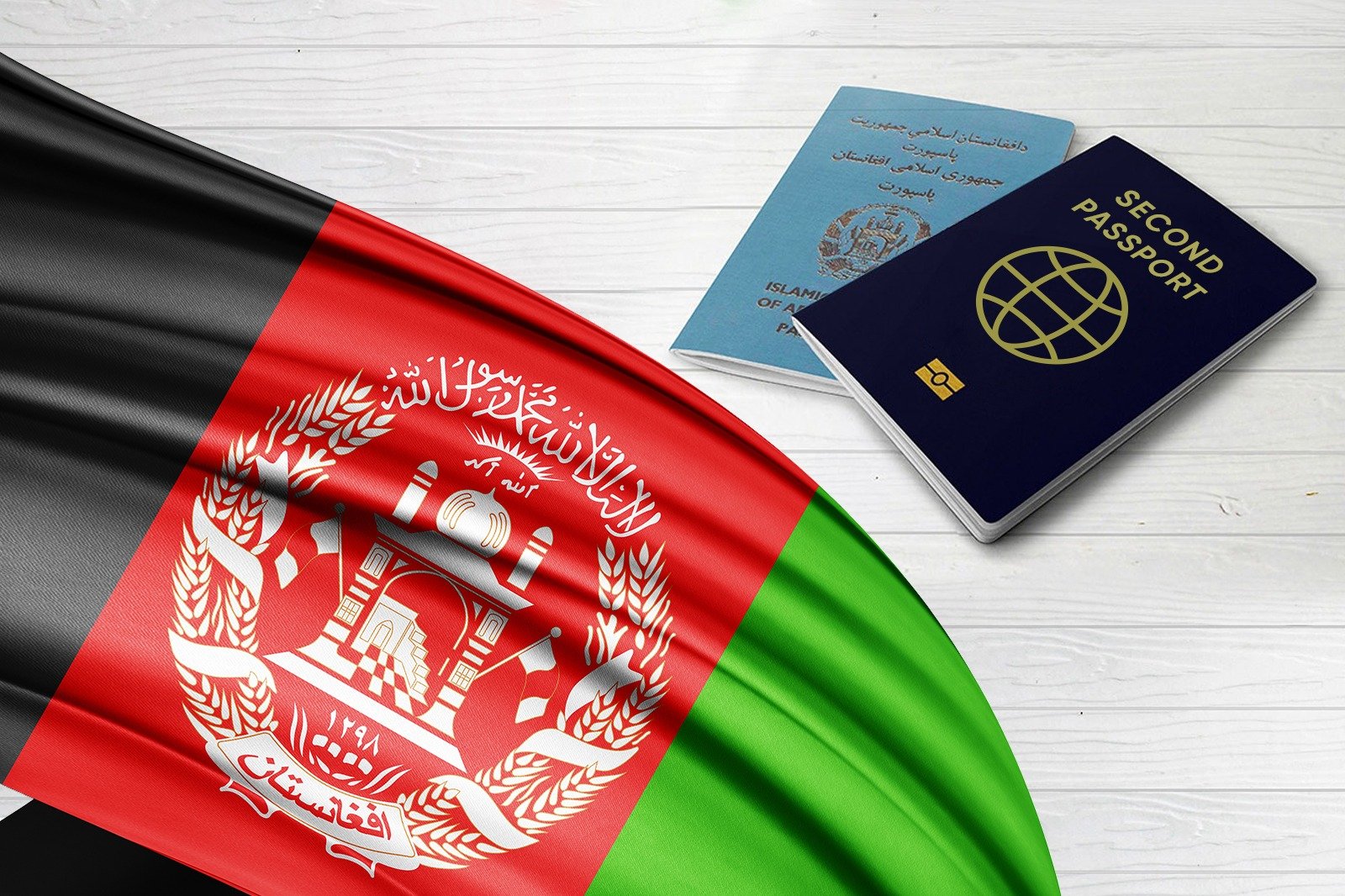
At the moment, an increasing number of Afghans are submitting a record number of applications for second citizenship. The general rise of interest in citizenship for Afghan citizens through global Citizenship by Investment (CBI) programs reflects the current political challenges experienced by certain countries around the world. For an ever-expanding number of Afghans, a second citizenship has emerged as the most popular avenue through which individuals and families pursue safety and security abroad. Those who receive a new citizenship (and passport) from another country will experience numerous benefits inaccessible to many Afghans, including greatly expanded travel opportunities as well as physical and financial security. However, despite increasing interest in dual citizenship for Afghanistan nationals, many Afghans find it difficult to meet the requirements for a second citizenship imposed by many third countries offering CBI programs. Most states continue to follow the prevailing travel advice and advisories for Afghanistan; most Afghanistan travel advice and security analysis continues to identify the country as a potential security risk due to ongoing political turmoil.
In recent decades, many nationals have left Afghanistan to pursue professional and educational opportunities abroad. Recently, the number of Afghan migrants has increased. As Afghan displacement is absorbed regionally, countries around the world have signaled their intent to accept record numbers of Afghan citizens who collectively and historically have faced barriers to legally immigrating to many Western and even Asian countries. Canada, for example, recently announced that it would re-settle more than 20,000 Afghans, while the United States will soon take in 50,000 (a number that is expected to be increased).
Despite the increasing popularity of economic citizenship programs among Afghans, many such schemes do not allow Afghan applicants to apply on the basis of their nationality. At the moment, only four small island nations—Dominica, St. Lucia, Antigua and Barbuda and Vanuatu—allow Afghan applicants to enroll in their respective CBI programs. Additionally, the Antigua and Barbuda CBI program imposes strict requirements for a second citizenship on Afghans, only accepting applicants who have resided outside Afghanistan within the last ten years. This means that if you are an Afghan who is looking to purchase second citizenship through an extant CBI program, you will only be able to invest in these four programs.
In addition to being effectively barred from participating in certain countries’ economic citizenship programs, Afghans continue to be limited in their global movement due to the Afghanistan travel restrictions emanating from the weakness of the Afghan passport, which is the lowest ranked passport in the world. For example, Afghan passport holders enjoy visa-free entry to just 24 countries globally (none of which are in Europe).
As a result of the ongoing turmoil in Afghanistan, the number of Afghans pursuing immigration abroad (including through CBI programs and other similar schemes) is expected to rise. Going forward, the international community will likely continue to extend immigration opportunities (which may ultimately lead to citizenship for Afghan citizens) to the tens of thousands (if not hundreds of thousands) of Afghans who would otherwise be ineligible for country-specific CBI programs.
Comments (0)
No comments found.